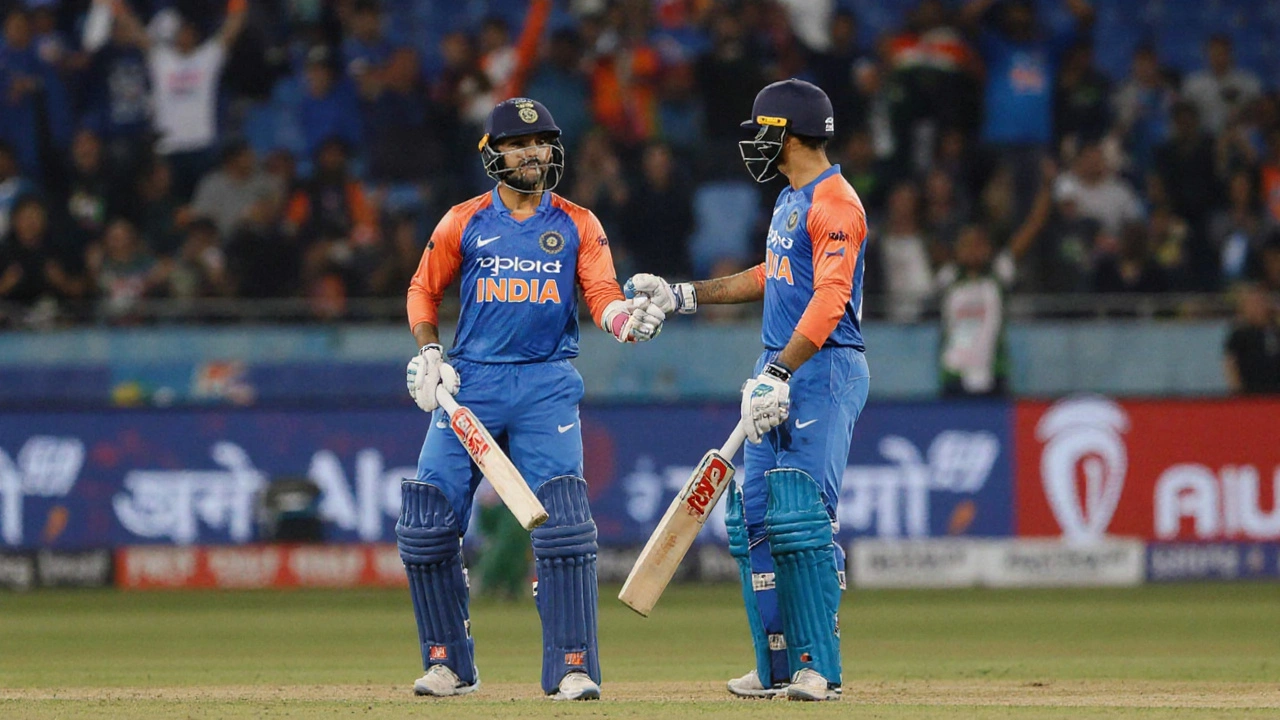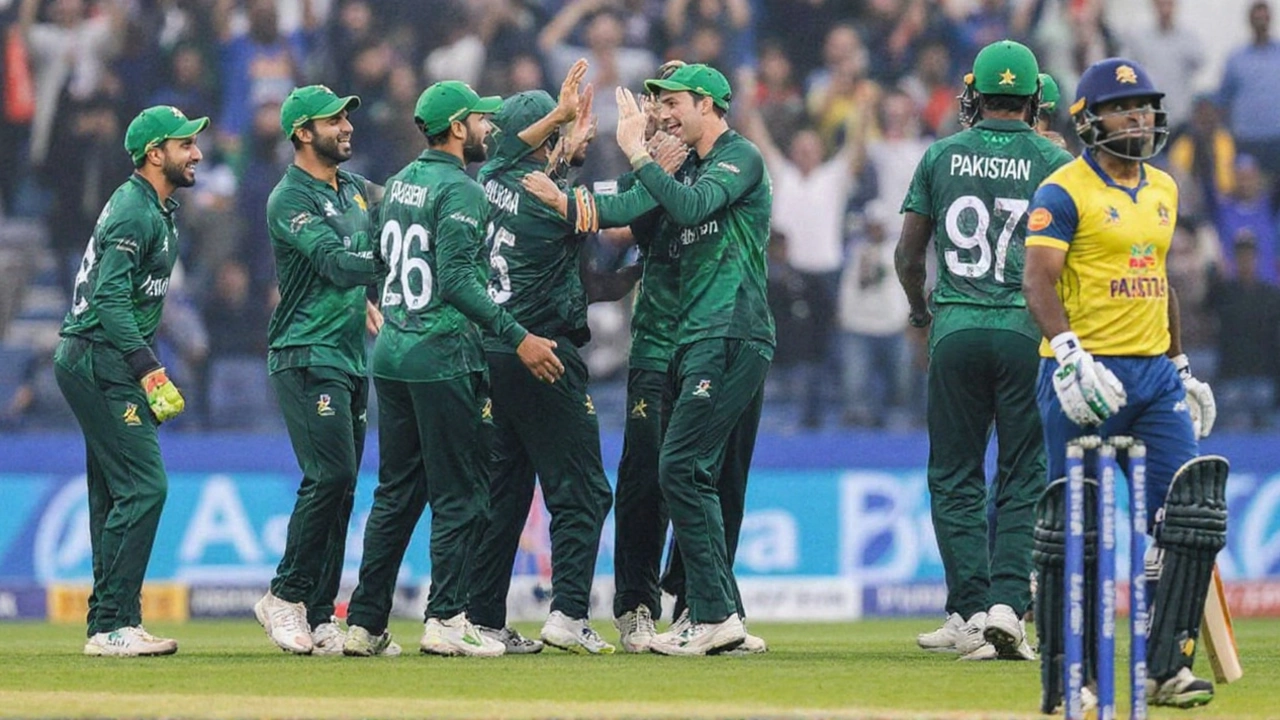Match recap and key moments
At Sheikh Zayed Stadium, Pakistan’s pursuit of an Asia Cup 2025 final berth turned into a roller‑coaster ride. Opting to bowl first, the Pakistani pace unit, spearheaded by Shaheen Shah Afridi, kept Sri Lanka under pressure. Afridi rattled back‑to‑back wickets, finishing with three for 19, while Haris Rauf and the part‑timer Hussain Talat each added two scalps. Sri Lanka managed 133 for 8, a total that looked comfortably chaseable for a side that had struggled with the new ball all tournament.
Openers Sahibzada Farhan and Fakhar Zaman gave Pakistan a smooth start. Farhan, unflappable and aggressive, smashed six boundaries in his 27‑run cameo, while Zaman, despite a painful head‑impact early on, contributed a quick‑fire 12. The partnership sent the scoreboard to 45 for no loss, and confidence was high.
Momentum shifted dramatically when Sri Lanka’s bowlers struck back. A sudden burst of wickets – four in just 17 balls – sent Pakistan tumbling to 57 for 4. The loss of fast bowler Mohammad Wasim and the dismissal of Hazratullah Zazai left the chase looking shaky, and the Sri Lankan dugout could sense a possible comeback.
Enter Hussain Talat and Mohammad Nawaz. Talat, already handy with the ball, took charge of the middle order, anchoring the innings with 32 not out. Partnering him, Nawaz, the left‑arm spinner, played a gritty 38‑run knock, striking the winning boundary over long‑on on the final ball. Their 58‑run stand, scored off 41 deliveries, erased the pressure and ensured a five‑wicket win.

What the result means for the Super Four and beyond
Pakistan’s triumph does more than add two points to the table; it shatters a five‑match T20 losing streak against Sri Lanka and injects belief into a squad that had stumbled in the opening Super Four game. The win lifts Pakistan to second place, just behind India, who secured their final spot after a convincing victory over Bangladesh.
Sri Lanka, on the other hand, see their campaign teetering on the edge. Two straight defeats in the Super Four stage – the first after an unbeaten group run – consign them to a fight‑for‑every‑run scenario that, statistically, looks bleak. Their batting collapse in this match highlighted a recurring vulnerability against quality pace and disciplined fielding.
Looking ahead, Pakistan’s final Super Four clash is a must‑win against Bangladesh. A victory would see them lock horns with India in the tournament final on September 28, a showdown that promises high drama given the historic rivalry. For Bangladesh, a win would rewrite the narrative, handing them a rare chance to contest the final alongside a dominant Indian side.Both teams will also be reviewing player performances. Afridi’s three‑wicket haul reaffirms his role as the spearhead of Pakistan’s attack, while Talat’s composure under pressure may earn him a promotion in the batting order for the crucial finale. For Sri Lanka, Kamindu Mendis’ half‑century stands out, but the lack of supporting contributions will be a focal point for their coaching staff.
In the broader context, the Super Four stage has proven that a single slip can rewrite fortunes. Pakistan’s ability to recover from a sudden collapse underscores the depth of experience in the squad, especially in a pressure‑cooker environment like the Asia Cup 2025. As fans await the decisive encounter, the tournament narrative is set for a thrilling climax, with every run and wicket carrying heightened significance.
